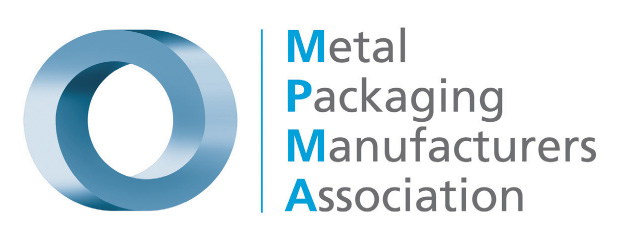21 January 2025: Today, 21 January 2025, sees the formal launch of PackUK as scheme administrator for Packaging Extended Producer Responsibility (pEPR).
Jason Galley, director and chief executive of the Metal Packaging Manufacturers Association (MPMA) provides his response to PackUK’s formal launch.
“Defra cites the implementation of pEPR as ‘a critical step towards the creation of a circular economy’ to modernise the UK’s approach to packaging and ultimately reduce the UK’s emissions from landfill by an estimated 32 million tonnes of CO2 equivalent by 2037. While the Metal Packaging Manufacturers Association supports Defra’s over-arching goal to create a circular economy and improve packaging recycling rates, the metal packaging sector’s views on the scheme, however, are vocal and challenge these claims.
“In their current form, the EPR fees fail to correctly value metal packaging, making it cheaper to use lighter materials regardless of their inferior circularity attributes. The need to mitigate EPR fees will encourage a switch by Producers away from steel, despite the fact that it is recycled over and over again and has the highest recycling rate of any UK packaging material. The proposed fees push towards the exact opposite of a true circular economy.
“To date, Defra is choosing to ignore reasoned representation for the case of fairly-priced EPR fees. The result? The steel can is under threat and yet it is the biggest packaging asset for realising a circular economy and ensuring UK food security – no other packaging protects its contents better.
“Let’s hope that the PackUK Steering Group and the Minister for the Circular Economy, Mary Creagh, speaking at next month’s Packaging Innovations event to mark PackUK’s launch, will focus on resolving this nonsensical situation which without intervention will negatively impact the creation of a true circular economy. It’s now time for Defra to live up to the promise to deliver a fair and efficient scheme.”
Background:
MPMA supports Defra’s over-arching goal to create a circular economy and improve packaging recycling rates. But MPMA believes that it will be fairly-priced Extended Producer Responsibility (EPR) fees which will help to create a positive cycle to improve recycling rates.
MPMA is concerned the current EPR methodology has not been thought through properly by Defra and actually fails to reflect the true collection, sorting costs and recycling rates of different packaging materials.
The EPR fees set by Defra for steel cans are much higher than competing packaging materials like plastic and fibre composite. Yet Defra sources show that steel has the highest recycling rate – 78% – of any packaging material in the UK. MPMA believes the recycling rate figure of each material must be at the heart of EPR fees for a successful circular economy.
Metals are defined as Permanent Materials. This means they can be recycled over and over without the loss of quality, making them the perfect materials for a circular economy. In addition, the iconic ‘tin can’ is a kitchen cupboard staple and the backbone to food banks across the country. Food cans, with their three-to-five-year shelf-life, are essential for food security and reducing food waste.
But the EPR fees for steel are high enough to lead businesses choosing to no longer use metal packaging because it will be too expensive. This behaviour change will seriously threaten the existence of the iconic food can, negatively impacting UK food security and the UK economy.
Note: Plastic’s recycling rate is 52.5% (Defra) and fibre-based cartons’ recycling rate is 29% (Zero Waste Europe study on drinks cartons)

